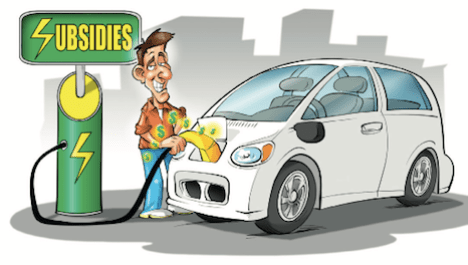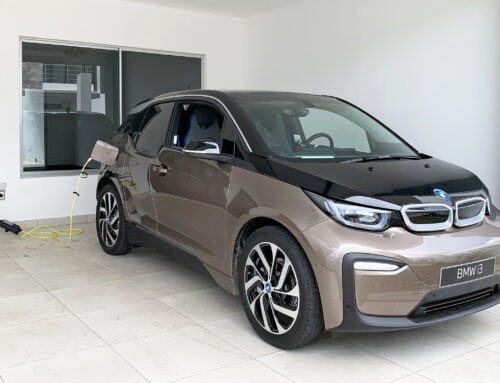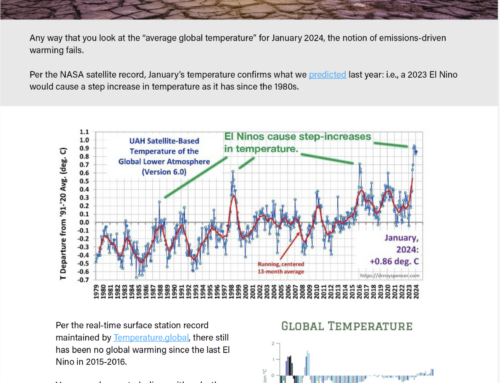by Steve Milloy, E&E Legal Senior Policy Fellow and Junkscience.com Founder
As appearing in the Washington Examiner
President Joe Biden’s $2.3 trillion infrastructure proposal calls for spending $174 billion for a network of 500,000 electric vehicle charging stations. Does this make sense?
In 2020, only about 296,000 electric vehicles were sold in the United States, about 2% of the new car market. After all the electric vehicle hype, climate alarm, and generous taxpayer subsidies ($7,500 per car) of the past 30 years, there are now only about 1.7 million electric vehicles out of a total of about 290 million total vehicles on U.S. roads.
In other words, Biden wants to spend more than $100,000 per car for a national charging network. Sure, the $100,000-per-car figure will come down in the future as more electric vehicles sell. But even if there were 10 times as many electric vehicles on the road, that would still be an outrageous spend rate of more than $10,000 per electric vehicle just to make charging more available.
With the average cost of an electric vehicle in the U.S. at $55,000 compared to the average price of a conventional car at $36,000, the prospect of an electric vehicle sales boom that could justify a $174 billion taxpayer-funded charging network seems unlikely. If electric vehicles have such a bright future, why not just allow consumers and private enterprise to develop the charging network at a pace that satisfies demand and makes economic sense?






